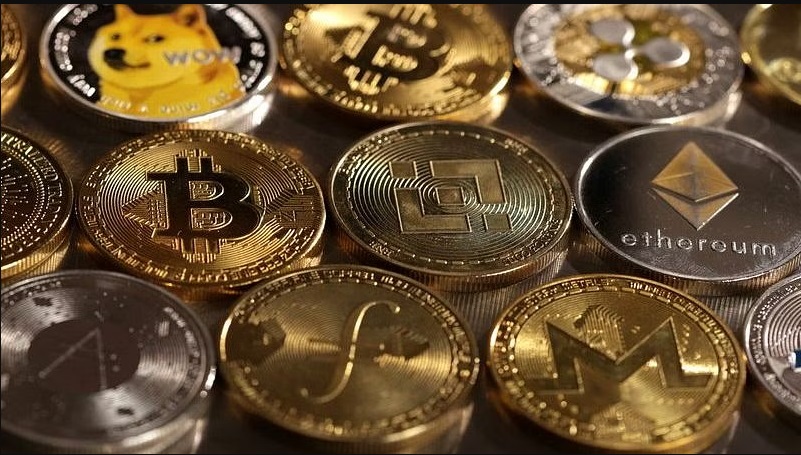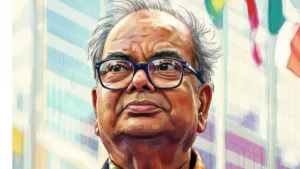Finance Ministry has tweaked the anti-money laundering law by bringing cryptocurrencies and other virtual digital assets trade under its ambit. This means that exchanges, custodians, and wallet providers, among others in crypto-related trade, will fall under the Prevention of Money Laundering Act. The government has imposed money laundering provisions on cryptocurrencies or virtual assets as it looks to tighten oversight of digital assets.
Buy Prime Test Series for all Banking, SSC, Insurance & other exams
More about the amendment to PMLA, 2002
Things covered by the law
- Exchange between virtual digital assets and fiat currencies
- Exchange between one or more forms of virtual digital assets
- Transfer of virtual digital assets
- Safekeeping or administration of virtual digital assets or instruments enabling control over virtual digital assets, and
- Participation in and provision of financial services related to an issuer’s offer and sale of a virtual digital asset will now be covered by the Prevention of Money-laundering Act, 2002.
Further, in regards to ownership, the ministry directed that any individual or group who holds about 10% ownership in the client of a ‘reporting entity’ will be seen as the beneficial owner as against the earlier threshold of 25% ownership.
Impact of the amendment in PMLA, 2002
After this, Indian crypto exchanges will have to report suspicious activity to the Financial Intelligence Unit India (FIU-IND). The move is in line with the global trend of requiring digital-asset platforms to follow anti-money laundering standards similar to those followed by other regulated entities like banks or stock brokers.
Virtual digital assets were defined as any code or number or token generated through cryptographic means with the promise or representation of having inherent value. Digital currency and assets like NFTs (non-fungible tokens) have gained traction globally over the last couple of years. Trading in these assets has increased manifold with cryptocurrency exchanges being launched. However, India, till last year, did not have a clear policy on either regulating or taxing such asset classes.
Also Read:
- LIC Unveils Jeevan Azad Limited Premium Payment Plan
- India’s digital payments market will more than triple to 10 trillion by 2026
- Singapore Airlines receives 25.1% stake in Air India group after investing $267 mn




 Legendary Bengali Author Shankar Passes ...
Legendary Bengali Author Shankar Passes ...
 List of Dadasaheb Phalke Award Winners f...
List of Dadasaheb Phalke Award Winners f...
 Which Dance Form is known as the Ballad ...
Which Dance Form is known as the Ballad ...








